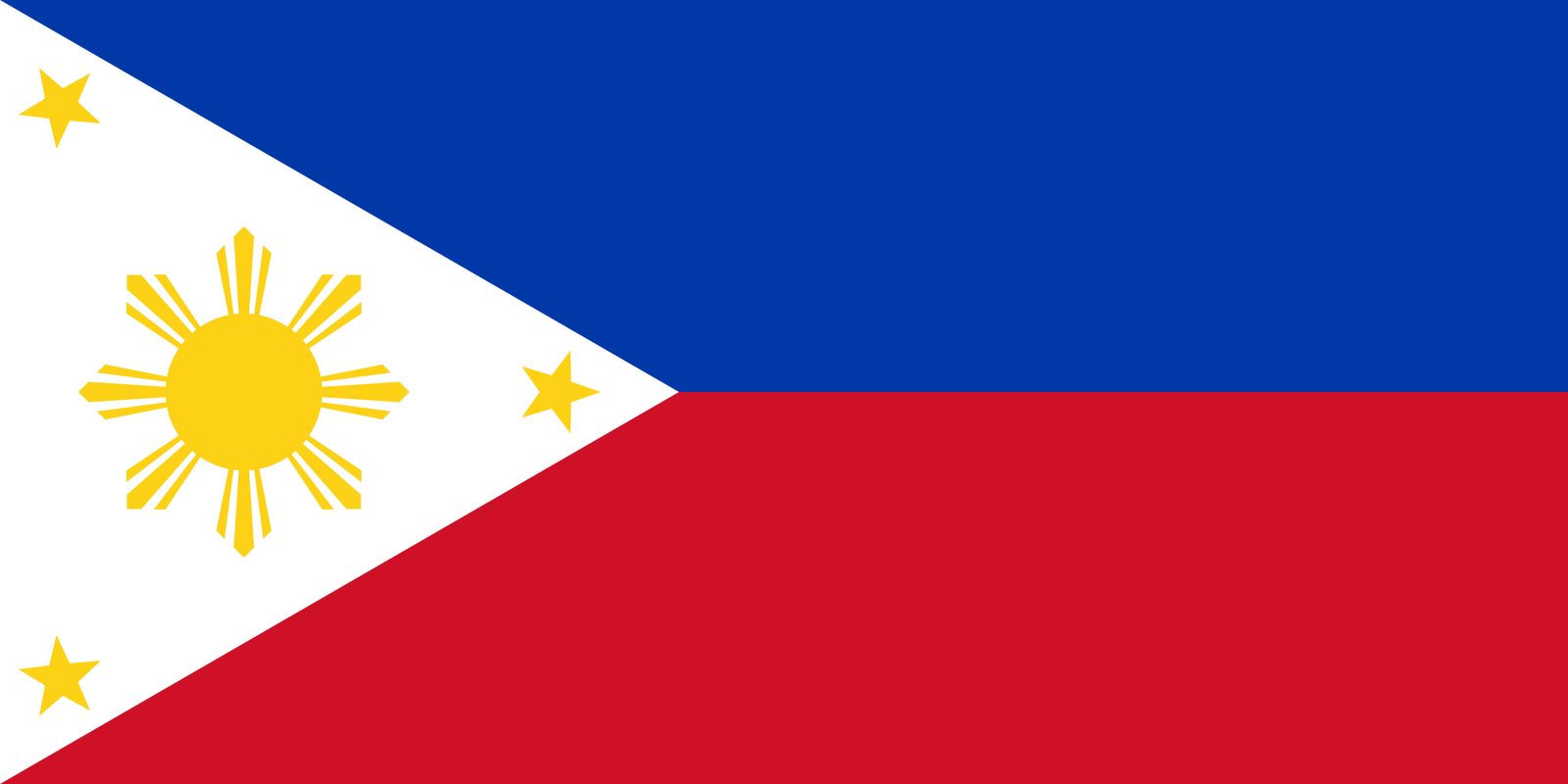Unveiling the Rich Tapestry of Philippine Coffee:
The Philippines, an archipelago known for its stunning landscapes and vibrant cultural heritage, is quietly making waves in the world of specialty coffee. The Philippine coffee profile is a fascinating narrative that unfolds across diverse islands, highlighting unique varietals, traditional farming practices, and a commitment to reclaiming the country’s once-thriving coffee industry.
The Philippine coffee belt spans several regions, including Benguet, Sagada, and Matutum, each contributing to the rich tapestry of Philippine coffee. The country’s diverse geography, characterized by mountainous terrains, volcanic soils, and elevations ranging from 800 to 1,600 meters above sea level, creates optimal conditions for Arabica and Robusta coffee cultivation.
The high-altitude regions, such as Benguet and Sagada in Luzon, offer cool temperatures and unique microclimates that contribute to the nuanced flavors of Philippine coffee. The elevation and volcanic soils, combined with traditional farming practices, play a crucial role in shaping the distinct profile of Philippine coffee beans.
The Philippines cultivates both Arabica and Robusta coffee varieties, each thriving in specific regions and contributing to the diversity of the country’s coffee profile. Arabica, known for its nuanced flavors and bright acidity, is often grown in the higher elevations of Luzon, while Robusta, celebrated for its boldness and earthy character, finds a home in regions like Matutum in Mindanao.
The blend of Arabica and Robusta varietals showcases the adaptability of Philippine coffee farmers and their ability to harness the unique characteristics of each variety to create a well-rounded and diverse offering.
Philippine coffee production is characterized by a mix of traditional and modern farming practices. Smallholder farmers, often organized into cooperatives, cultivate coffee using methods passed down through generations. These traditional practices include shade-grown cultivation, which preserves biodiversity, prevents soil erosion, and imparts distinct flavors to the beans.
In regions like Sagada, farmers utilize organic and sustainable farming methods, eschewing synthetic pesticides and fertilizers. This commitment to environmentally friendly practices not only enhances the quality of the coffee but also aligns with global trends toward sustainability and ethical sourcing.
The flavor profile of Philippine coffee is a delightful symphony of diverse tasting notes. Arabica beans from the high-altitude regions offer bright acidity, floral and fruity undertones, and a medium body. Sagada coffee, for instance, is often described as having a mild and well-balanced flavor with hints of citrus and chocolate.
On the other hand, Robusta beans contribute a bold and robust character, with earthy, nutty, and sometimes spicy notes. The Matutum Robusta, grown in Mindanao, is celebrated for its full body and unique flavor profile, adding depth to the overall coffee experience.
The Philippines has been reclaiming its coffee heritage and experiencing a resurgence in the coffee industry. Initiatives to revive local coffee production, support smallholder farmers, and promote specialty coffee have gained momentum. The recognition of Philippine coffee at international competitions and the growth of local coffee shops reflect the industry’s dynamic evolution.
Coffee festivals and events celebrate the cultural significance of coffee in the Philippines, bringing together enthusiasts, farmers, and industry stakeholders. The shared appreciation for Philippine coffee transcends its role as a beverage; it becomes a cultural symbol and a source of national pride.
The Philippine coffee profile is a testament to the country’s ability to blend tradition, diversity, and innovation. From the highlands of Luzon to the volcanic soils of Mindanao, Philippine coffee embodies a journey of resilience and excellence. As the industry continues to grow, the flavors of Arabica and Robusta beans, along with the commitment to sustainability and cultural revival, position Philippine coffee as a distinctive and exciting player in the global coffee scene. In every sip, one can taste the richness of the Philippines – a nation rediscovering and embracing its coffee legacy.
Tags: coffee growers, Phillippines

